Is Naturopathic Medicine Just Prevention—and Is It Expensive?
Naturopathic medicine is often misunderstood as being solely preventive or prohibitively expensive. In reality, it’s a comprehensive medical discipline rooted in both tradition and science, offering a proactive and personalized approach to health care.
A Rich History of Naturopathic Medicine
Naturopathy was founded in the United States in 1901 by Benedict Lust, MD, who worked with other pioneers to shape the profession. Over the decades, it evolved, fragmented, and faced political and internal challenges—before experiencing a powerful resurgence in the 1970s.
From just one university and a handful of licensed practitioners, the field has grown.
As of 2025:
There are 9 universities in North America with programs accredited or provisionally accredited by the Council on Naturopathic Medical Education (CNME) that offer a Doctor of Naturopathic Medicine (ND) degree.
There is 26 U.S. jurisdictions license or regulate naturopathic doctors.
As of July 2025, there are approximately 6,390 licensed naturopathic practitioners across the United States.
North Dakota has fewer than 20 actively licensed naturopathic doctors.
As of 2025, There are approximately 100,000 naturopathic practitioners worldwide, according to estimates from the World Naturopathic Federation. This includes both licensed naturopathic doctors (NDs) and traditional naturopaths practicing in countries with varying levels of regulation.
Global Highlights:
· North America: ~6,000 licensed NDs in the U.S. and ~2,500 in Canada
· Europe: Thousands of practitioners, especially in Germany, Spain, and the UK
· Australia & New Zealand: Strong professional presence with formal education pathways
· India & Southeast Asia: Large numbers of traditional naturopaths integrated into AYUSH systems
· Latin America & Africa: Growing interest, though regulation is limited or emerging
This growth reflects a global movement toward holistic, patient-centered care.
Defining the Profession: Principles Over Modalities
In the 1980s, leaders like Pamela Snider, Jared Zeff, and James Sensenig led efforts to unify the profession under a shared definition. After years of collaboration, the American Association of Naturopathic Physicians (AANP) and the Canadian Association (CAND) formally adopted a definition in 1989 based on six core principles:
The Healing Power of Nature (Vis Medicatrix Naturae)
Identify and Treat the Cause (Tolle Causam)
First Do No Harm (Primum Non Nocere)
Doctor as Teacher (Docere)
Treat the Whole Person (Tolle Totum)
Prevention (Preventare)
These principles guide naturopathic doctors in treating patients holistically—not just managing symptoms.
Prevention: A Cornerstone of Naturopathic Care
Prevention is central to naturopathic medicine. Naturopathic schools emphasize both health and disease, teaching practitioners to assess risk factors, genetics, and environmental influences. Through education and lifestyle guidance, naturopathic doctors help patients prevent illness and achieve optimal health.
As the World Naturopathic Federation (WNF) reported in 2015, these principles are consistently upheld across 42 countries, reflecting a shared professional identity and commitment to healing.
What About Cost?
Yes, naturopathic care can be an investment—but it’s one that prioritizes long-term wellness. By focusing on prevention and root-cause healing, it may reduce the need for more invasive or costly treatments down the road. Many patients find that the personalized attention and whole-person approach are well worth it.
Naturopathic medicine isn’t just about avoiding illness—it’s about thriving. It’s a profession built on listening, learning, and empowering patients to take charge of their health.
Curious how naturopathic care could support your wellness journey? We’re here to help.


